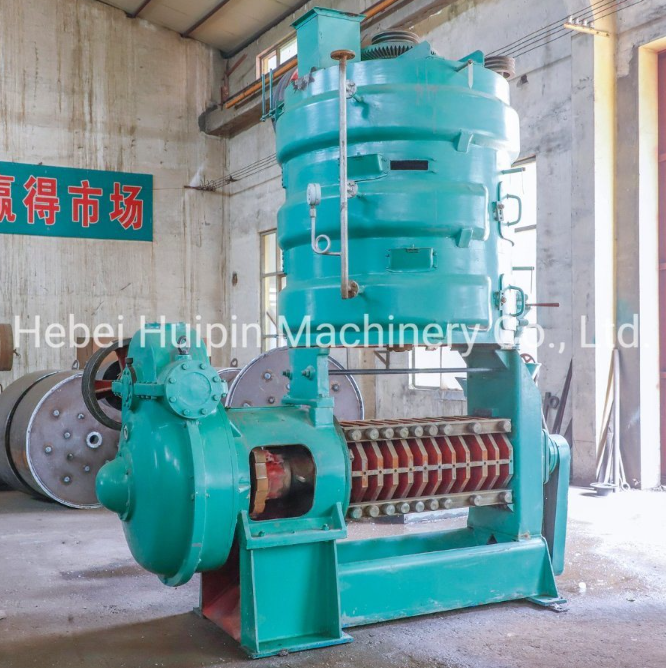ડીસેમ્બર . 10, 2024 20:29 Back to list
Refined Animal Oil Processing Machine for Efficient Production and Quality Enhancement
The Process and Importance of Refined Animal Oil
Animal oils, derived from the fats of various animals, have been used for centuries in various industrial applications, food production, and even in traditional medicine. The refinement of these oils is crucial to enhance their quality, stability, and suitability for different uses. Understanding the machinery that performs this essential task is vital for manufacturers and consumers alike.
The Importance of Refined Animal Oil
Refined animal oils offer a wide range of benefits. They are important sources of energy, rich in essential fatty acids, vitamins, and other nutrients. These oils can be found in various products, such as cooking oils, biodiesel, cosmetics, and pharmaceuticals. The refinement process removes impurities, enhances flavor, and increases shelf-life, making them safer for consumption and more effective in various applications.
In food production, for example, refined animal oils are used as cooking mediums and ingredients in processed foods. They provide essential nutrients and improve the taste and texture of the final products. In cosmetics and personal care, refined oils serve as emollients and moisturizers, enhancing the product's effectiveness in maintaining skin health. Furthermore, these oils are increasingly utilized in biodiesel production, contributing to sustainable energy solutions.
The Refinement Process of Animal Oils
The refinement of animal oils involves several stages, including rendering, degumming, neutralization, bleaching, and deodorization
. Each step plays a critical role in ensuring the oil meets quality standards and is safe for use.1. Rendering The process begins with rendering, where animal fat is heated to separate the fat from the tissues. This can be done through dry or wet rendering techniques. The goal is to obtain a crude oil that contains desired fatty acids while minimizing unwanted components. 2. Degumming The crude oil often contains phospholipids and other impurities that need to be removed. During degumming, water or acid is added to the oil, causing the phospholipids to coagulate and separate from the oil, creating a cleaner product.
famous animal oil refined machine

3. Neutralization This step involves the removal of free fatty acids that can cause rancidity. An alkali, usually sodium hydroxide, is added to neutralize these acids, resulting in a more stable oil.
4. Bleaching To eliminate color and additional impurities, the oil undergoes a bleaching process. This involves the use of bleaching earth or activated carbon, which adsorbs pigments and any remaining impurities, resulting in a lighter and cleaner oil.
5. Deodorization The final step is deodorization, where the oil is subjected to steam and heat under vacuum. This process removes volatile compounds that contribute to off-tastes and odors, creating a neutral-flavored oil.
The Machinery Behind the Process
The machinery used for refining animal oils plays a significant role in the efficiency and effectiveness of the process. Each stage requires specialized equipment designed to handle the specific requirements of that phase. For instance, rendering machines ensure that a maximum yield of oil is obtained and that the temperature is adequately controlled.
Neutralization systems consist of mixing and settling tanks, while centrifugal separators achieve efficient separation of impurities. Bleaching vessels and deodorizing columns must maintain precise conditions to guarantee optimal results. The investment in high-quality machinery not only improves the output but also reduces waste, lowers energy consumption, and enhances overall sustainability.
Conclusion
Refined animal oils are integral to various industries, and their production relies heavily on advanced machinery that ensures quality and safety. From cooking oils to biodiesel, the applications of these refined oils are vast. Understanding the refinement process, alongside the technology involved, is crucial for both producers and consumers aiming to make informed decisions. As the demand for quality animal oils continues to grow, so too will the innovation and efficiency of the machines designed to refine them.
-
High-Efficiency Physical Oil Refining Unit - Leading Exporters & Trusted Companies
NewsJun.10,2025
-
High-Efficiency Animal Oil Refining Machine - Leading Exporters & Reliable Companies
NewsJun.10,2025
-
Camellia Oil Mill Machine for Efficient Oil Extraction Leading Exporters & Companies
NewsJun.10,2025
-
Premium Pressing Shaft for Oil Press Machines Exporters
NewsJun.10,2025
-
High-Efficiency Centrifugal Filters Durable Industrial Separation
NewsJun.10,2025
-
Top Neem Seed Oil Press - Efficient, High-Yield Extraction Solutions
NewsJun.09,2025
